It’s the ingredient everyone loves because they can “feel” that their pre workout is working (as if a racing heart and sweaty palms aren’t enough of a tipoff), but beta-alanine is more than just an itchy face and generalized discomfort. It’s the building block of carnosine, a molecule that helps buffer lactic acid in muscles- that means that the “burn” hits you later in a high rep set. This means that if you’re training in the 60–240-second range, beta-alanine improves your performance, whether it’s a 20-rep set of squats or the 800m dash. But it can do more than just improve your time on a short run- it’s also been implicated in lean mass gains, and it’s a powerful antioxidant with anti-aging properties.
A modified version of the amino acid alanine, beta-alanine appears to be a sort of wonder drug in a clinical setting. In one study, trained collegiate football players and collegiate wrestlers supplemented with four grams of beta-alanine daily. The athletes were tested in a flexed arm hang, the 300m shuttle run, and body composition, and the beta-alanine groups out-performed placebo across the board. In the wrestlers, the placebo group lost a pound of muscle as they cut weight, but the wrestlers supplementing with beta-alanine gained two pounds of muscle (Kern).
- A meta-analysis of beta-alanine showed a median 2.85% increase in muscular endurance during exercises lasting 60-240 seconds, but beyond that time range the benefits decreased, and no benefits were found in exercise lasting under a minute (Hobson).
- One study on football players found that players power outputs were higher, their training volume was increased, and they felt less fatigued post workout (Hoffman). Though the fatigue impression was entirely subjective, the football players all had improved performance after ingesting 4.5 grams of beta-alanine daily.
- There are several studies that show beta-alanine improves your cardio performance. Whether it’s running on a treadmill (Jordan), rowing (Baguet), cycling (Stout), beta-alanine supplementation led to mild performance enhancement. It won’t suddenly turn you into a 5-minute miler if you’re currently running the mile in 15, but beta-alanine should help with performance if you’re running intervals in preparation for a five-minute mile.
If you’re curious about beta-alanine’s mechanism for causing these effects, it’s since it increases carnosine within the body. Carnosine acts as a lactic acid buffer, releasing as the pH in your blood drops. Whether it’s from being in ketosis or simply as a response to training, the lactic acid eventually forces the body to lower power output. By blunting that effect, beta-alanine increases your work capacity over the 60-240 second range… in addition to helping with body composition. One study showed that six weeks of beta-alanine supplementation in concert with HHIT training (high intensity interval training) led to increased muscle mass and reduced fat mass compared to placebo (Walter). Though the researchers weren’t precisely clear on why that was, it is not the only study that shows this effect (the wrestlers in the study).
DOSING
A standard daily dose is 2–5 grams, and its effect seems to improve when it’s taken in combination with creatine (Zoeller). And if you don’t like that tingle (which is called paresthesia), you can break up your beta-alanine ingestion into smaller doses, as they effects are not timing dependent- you just need to get 2-5 grams into your body over the course of a 24-hour period to get its effects.
The science is clear- the only thing standing in between you and victory is a couple of grams of beta-alanine per day. So go grab some and let’s do this thing.
Sources:
Baguet A, Bourgois J, Vanhee L, Achten E, Derave W. Important role of muscle carnosine in rowing performance. J Appl Physiol (1985). 2010 Oct;109(4):1096-101.
Hobson RM, Saunders B, Ball G, Harris RC, Sale C. Effects of β-alanine supplementation on exercise performance: a meta-analysis. Amino Acids. 2012 Jul;43(1):25-37.
Hoffman JR, Ratamess NA, Faigenbaum AD, Ross R, Kang J, Stout JR, Wise JA. Short-duration beta-alanine supplementation increases training volume and reduces subjective feelings of fatigue in college football players. Nutr Res. 2008 Jan;28(1):31-5.
Jordan T, Lukaszuk J, Misic M, Umoren J. Effect of beta-alanine supplementation on the onset of blood lactate accumulation (OBLA) during treadmill running: Pre/post 2 treatment experimental design. J Int Soc Sports Nutr. 2010 May 19;7:20.
Kern BD, Robinson TL. Effects of β-alanine supplementation on performance and body composition in collegiate wrestlers and football players. J Strength Cond Res. 2011 Jul;25(7):1804-15.
Stout JR, Cramer JT, Zoeller RF, Torok D, Costa P, Hoffman JR, Harris RC, O’Kroy J. Effects of beta-alanine supplementation on the onset of neuromuscular fatigue and ventilatory threshold in women. Amino Acids. 2007;32(3):381-6.
Walter AA, Smith AE, Kendall KL, Stout JR, Cramer JT. Six weeks of high-intensity interval training with and without beta-alanine supplementation for improving cardiovascular fitness in women. J Strength Cond Res. 2010 May;24(5):1199-207.
Zoeller RF, Stout JR, O’kroy JA, Torok DJ, Mielke M. Effects of 28 days of beta-alanine and creatine monohydrate supplementation on aerobic power, ventilatory and lactate thresholds, and time to exhaustion. Amino Acids. 2007 Sep;33(3):505-10.

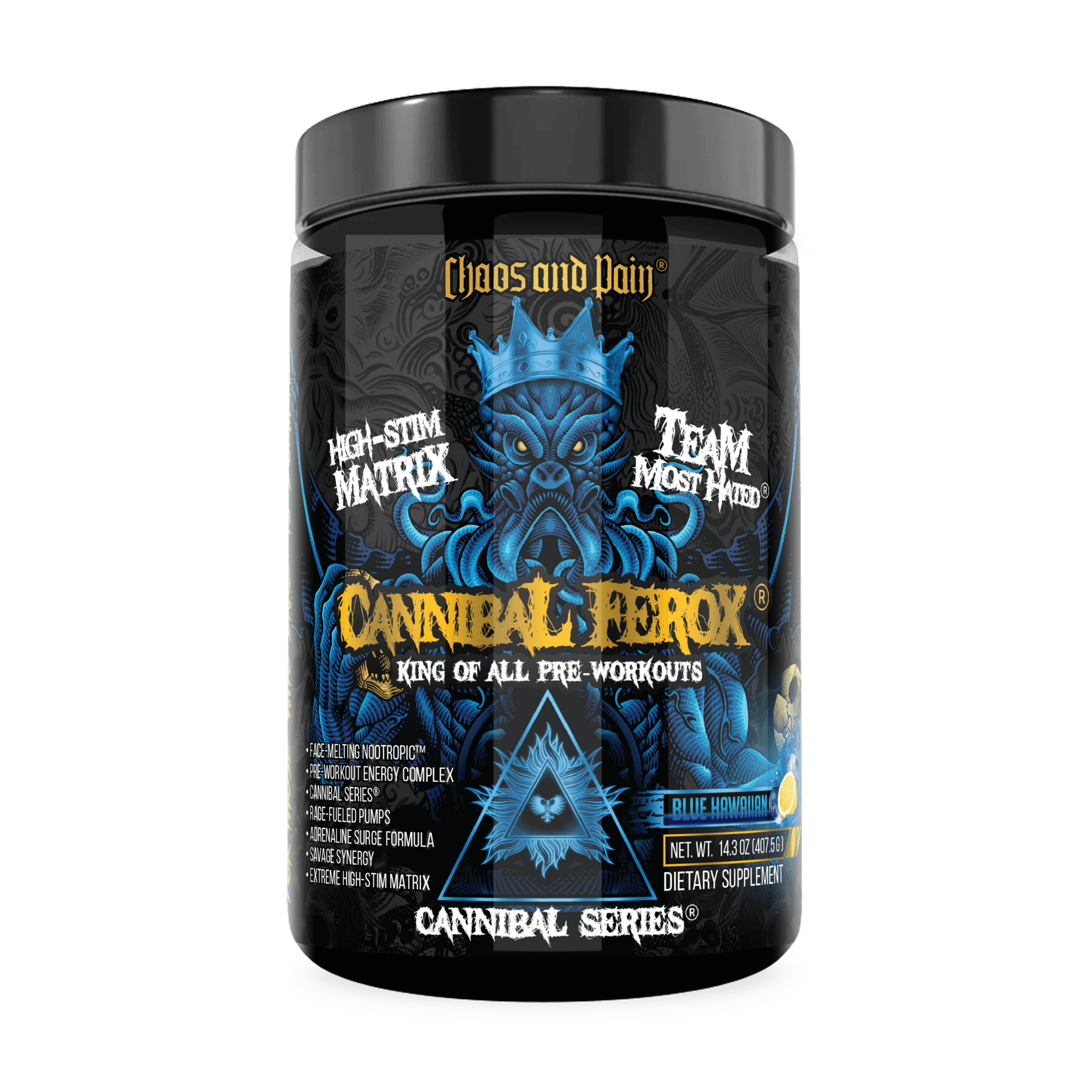
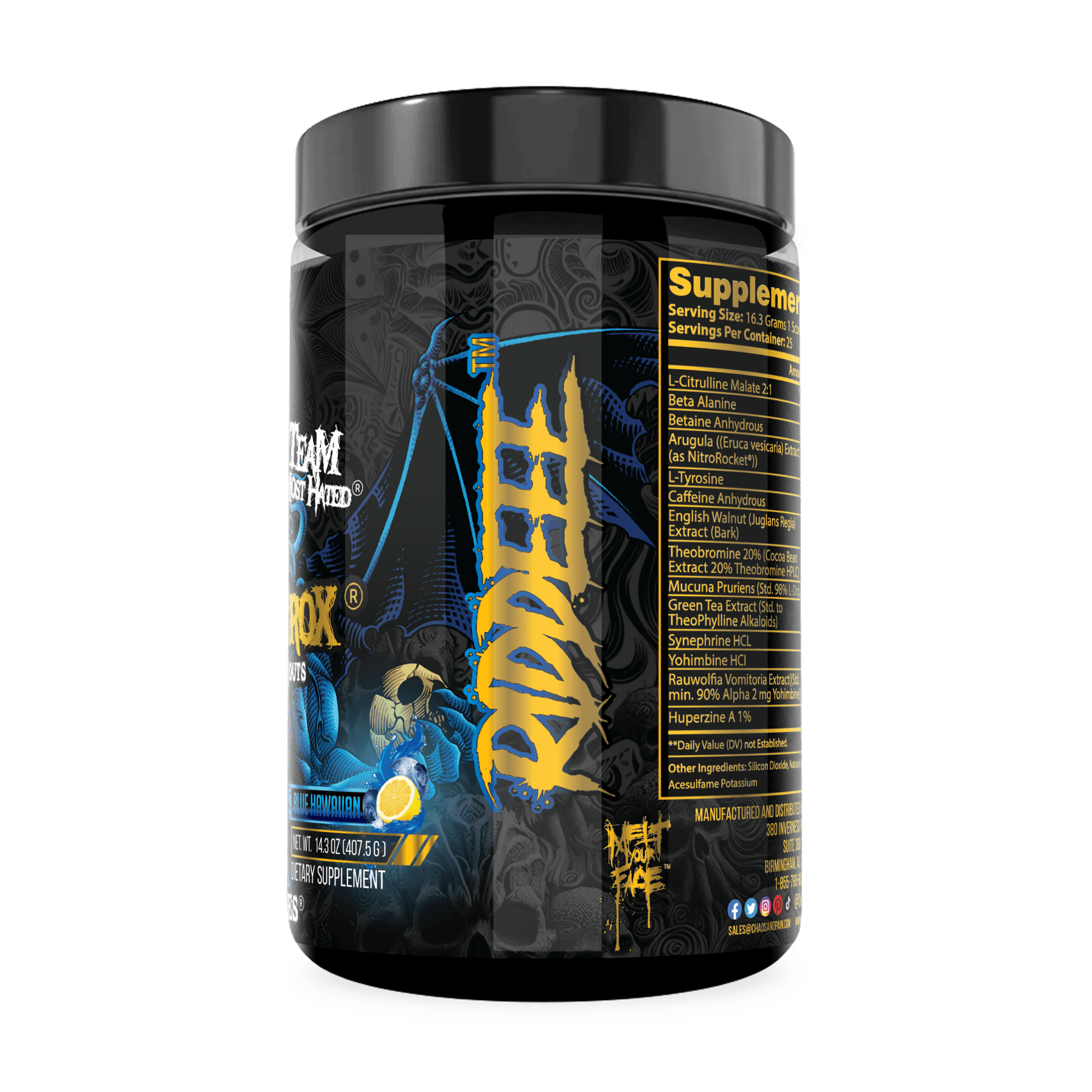


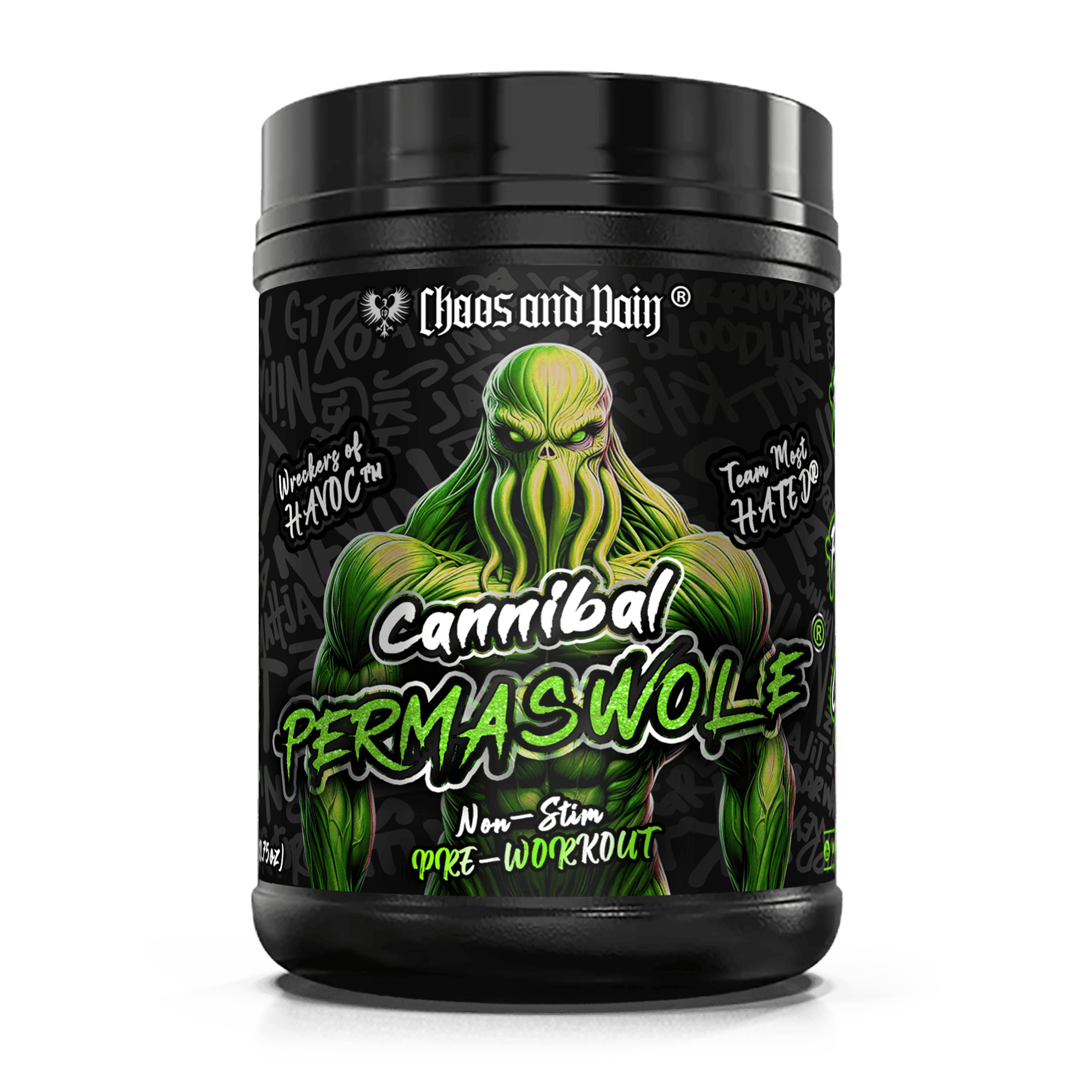
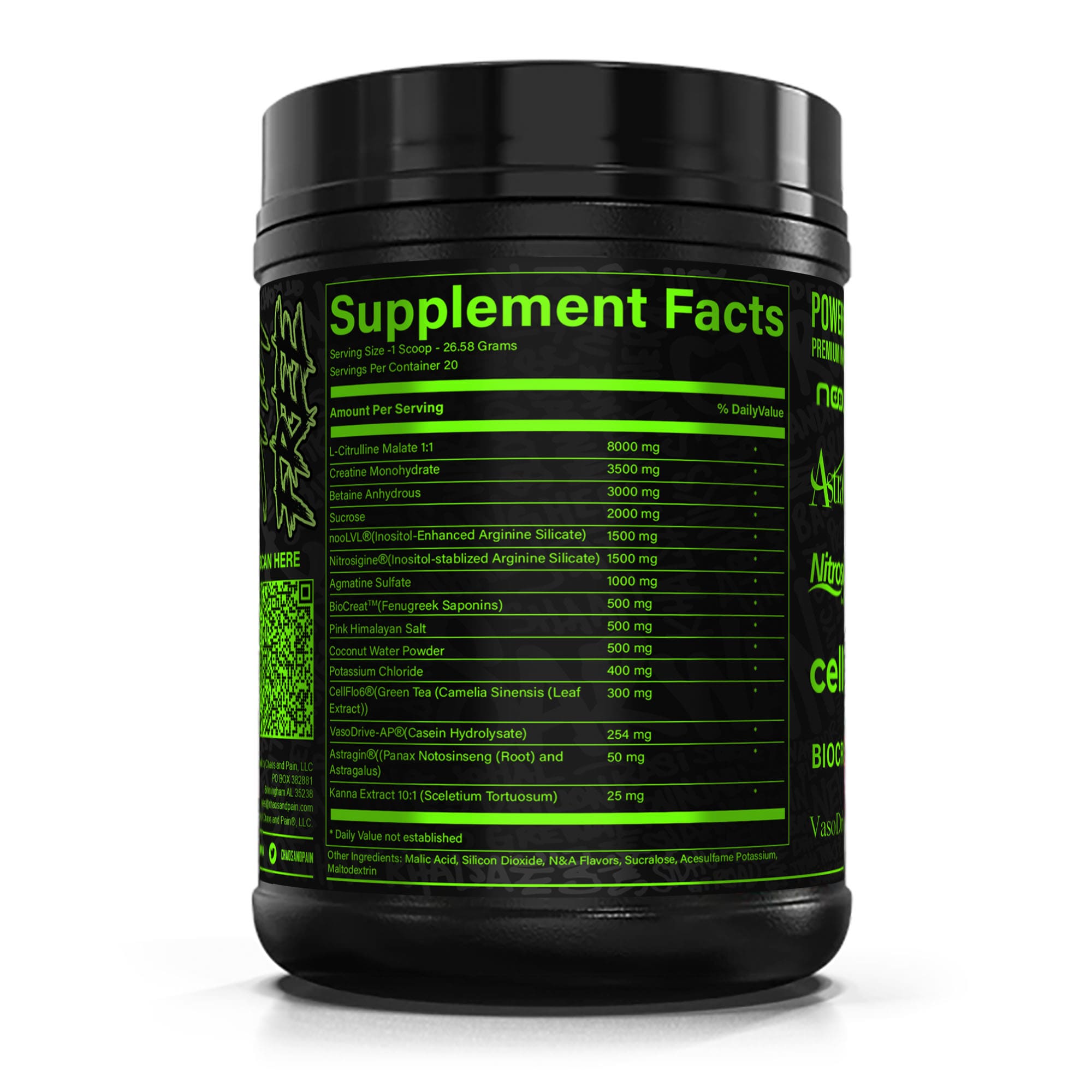
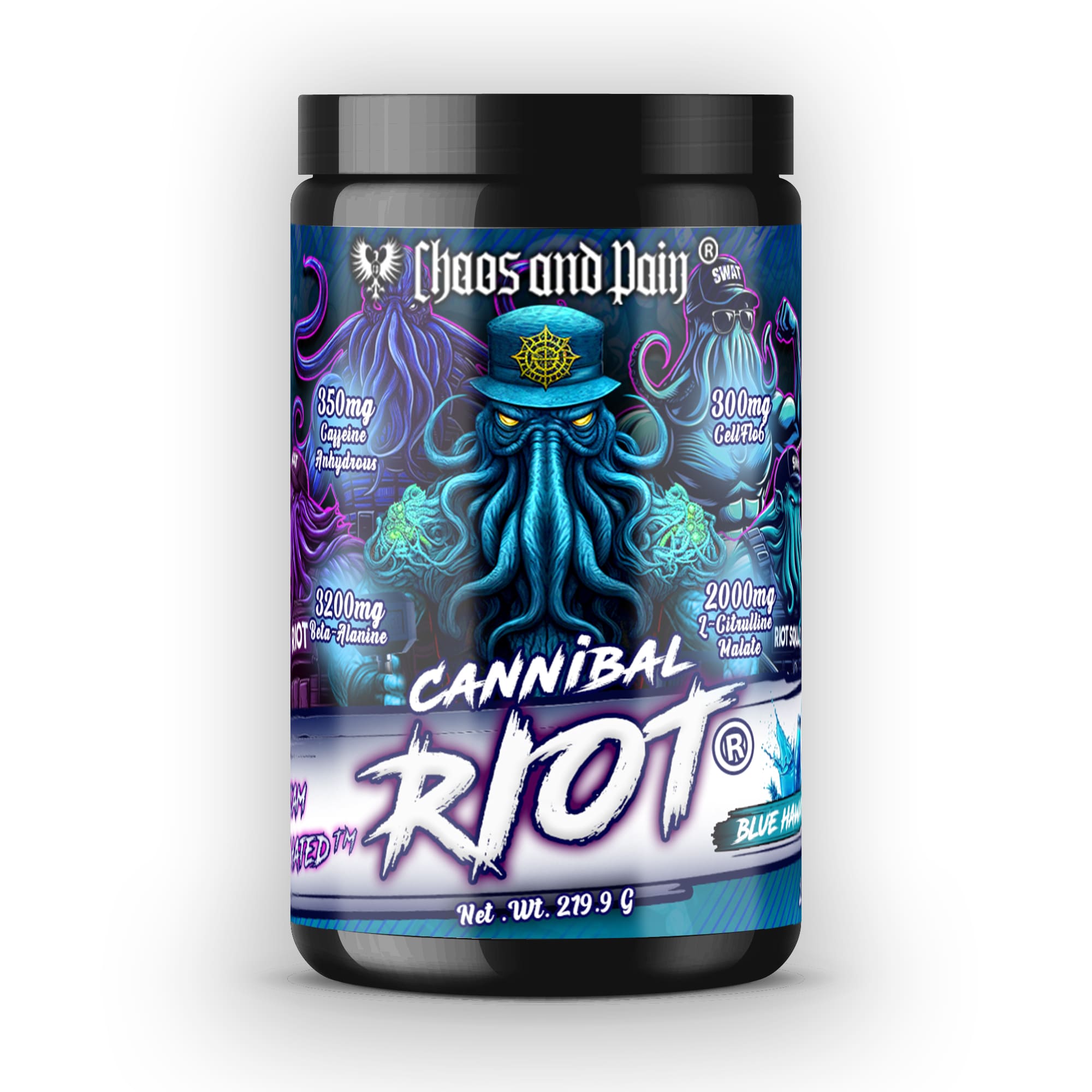
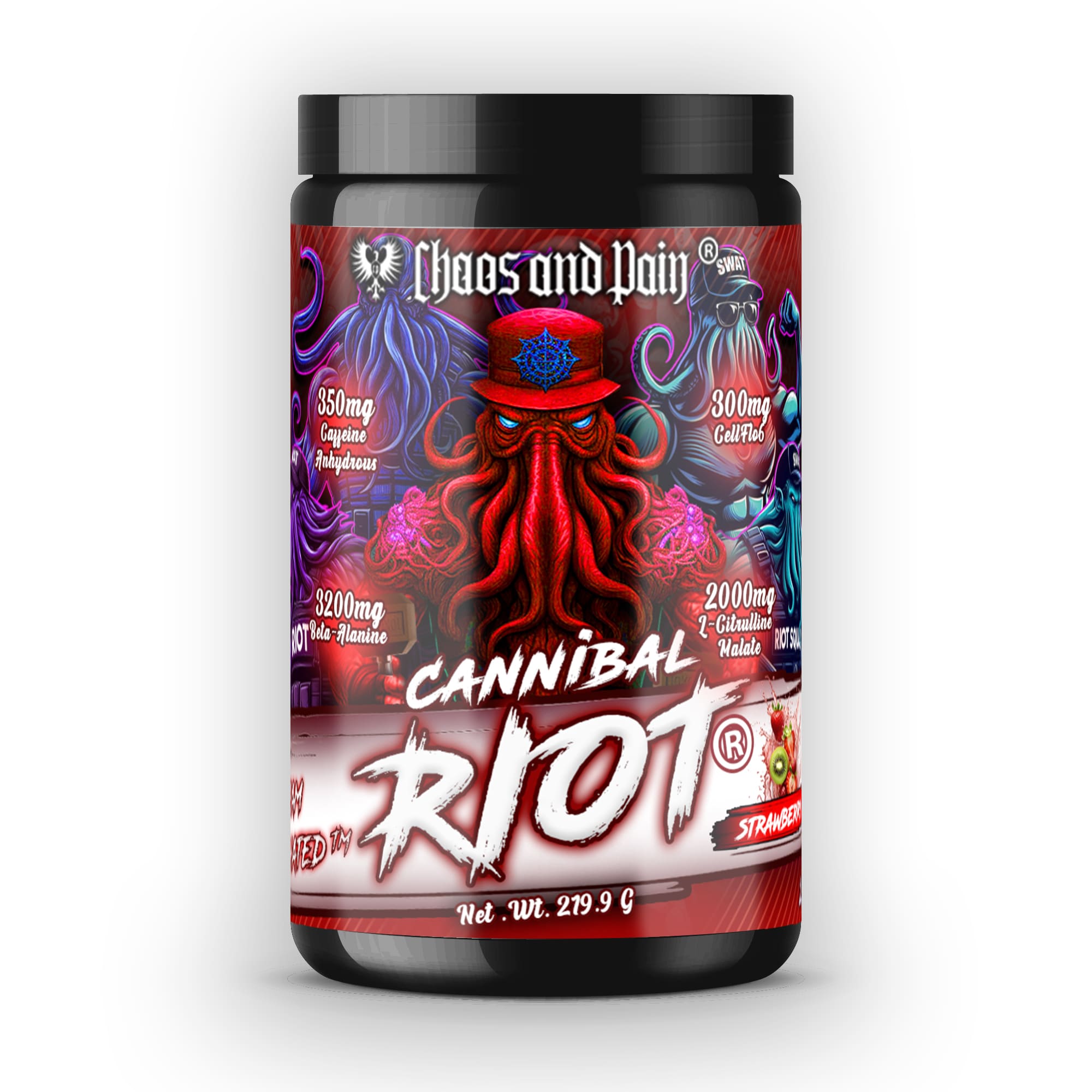
Leave a comment
All comments are moderated before being published.
This site is protected by hCaptcha and the hCaptcha Privacy Policy and Terms of Service apply.